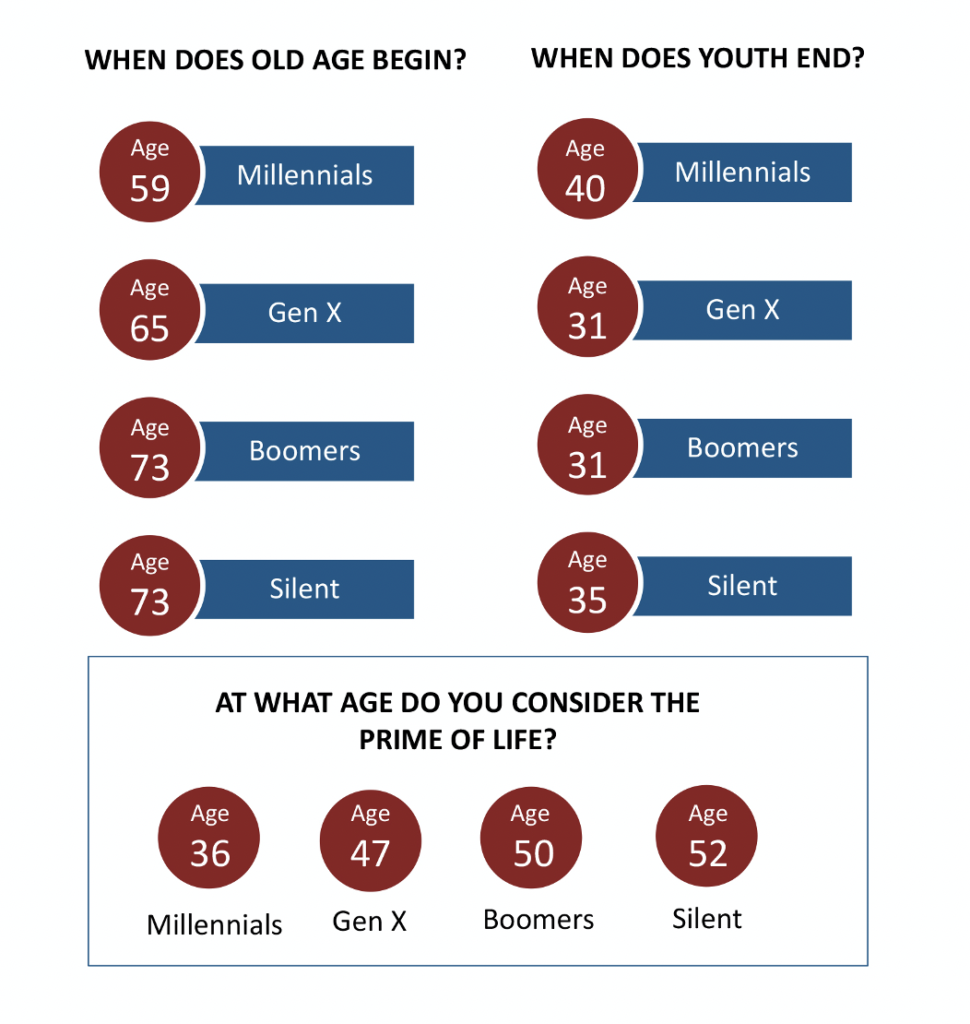2020 wasn’t the best year for a lot of people and as such we have so much excitement and anticipation for what 2021 will bring, but we are cautious. Already in 2021, we’ve seen some hangover of 2020!
We believe that 2021 and into the near future will be a bit of a struggle for most organizations. Some character building years ahead of us. We’ve come out of a decade of growth, pandemic hits, and now we have some rebuilding to do.
I truly believe when tough times hit, we see the best in people. As professionals, we work harder than ever to get to the success we want. We come up with all sorts of ideas and things to try to get us back on top. Therein lies the problem.
You see, there is this funny phenomenon that happens, that has now been proven in science. Turns out, during bad times, we come up with more bad ideas than good ideas!
Why do we have more bad ideas than good ideas during hard times?
A great historical example (that might have some context to 2020!) was during the 1920s and 1930s. Extremely hard economic times in Germany led to the rise of the Nazis. I think we can all agree, 100%, the Nazis were a very bad idea. But, because of the awful economy, many folks thought the Nazis were a great alternative.
Turns out, depressions, pandemics, social uprisings, etc. Lead us to more bad ideas than good ideas. We start grasping at straws, believing we are trying to help. We are testing out stuff to see what works when we think nothing is working when in reality, we might actually be starting something worse.
To go along with this, when times are awesome, no matter what you do, you probably are less likely to screw something up. “Hey, we did this crazy thing and our sales were up 3%!” Great, maybe if you didn’t do that crazy thing your sales would have been up 10%, but now you think that crazy idea, that bad idea, actually was positive!
Great times cover up many of our bad ideas. Bad times shine a giant light on our bad ideas.
Why am I talking about Bad Ideas?
2021 might be a ripe time for bad ideas! We all will be pushed and stressed to make things happen. Leaders are going to look for ideas. It’s our job to come up with ideas. Most of those ideas are going to be bad. Sorry, but that’s just simple math. Most ideas are bad, some are good, very few are great.
In HR and TA we tend to believe that our ideas, our projects, our programs, etc. don’t have a giant impact on organizations. Actually, they have more impact than you think, but it’s mostly long-term impact, not short-term. We want these ideas to have an immediate impact, but people and culture tend to take time.
That is why, in 2021, we have to be very careful about the Bad Idea Trap.
I want you to go out and test and try things but move a bit more cautiously out of the gate. Be willing to shut things down quicker. Be more aware of the timing and how your organization is doing. If your organization is killing it, great! Go have some fun, break some things! If your organization isn’t doing well, slow down, take your time, don’t allow yourself to be in a rush, even though it’s going to feel like you should be.
I can’t tell you how many times I’ve been in a large corporate meeting room with a bunch of people and some well-meaning executive starts off with “there are no bad ideas! Let me have them all!” Yes, there are bad ideas and the worse idea is a bad idea that is chosen to move forward!
Maybe our 2021 Slogan in HR and TA should be “Yes, there are Bad Ideas!”


